
A Grim La Forza del Destino for a Grim New York
With such a fine musical performance, it is regrettable that the subway station is the production’s most memorable image.

With such a fine musical performance, it is regrettable that the subway station is the production’s most memorable image.

The brilliant soloists at the Met were underserved by a worn production and subpar conducting.
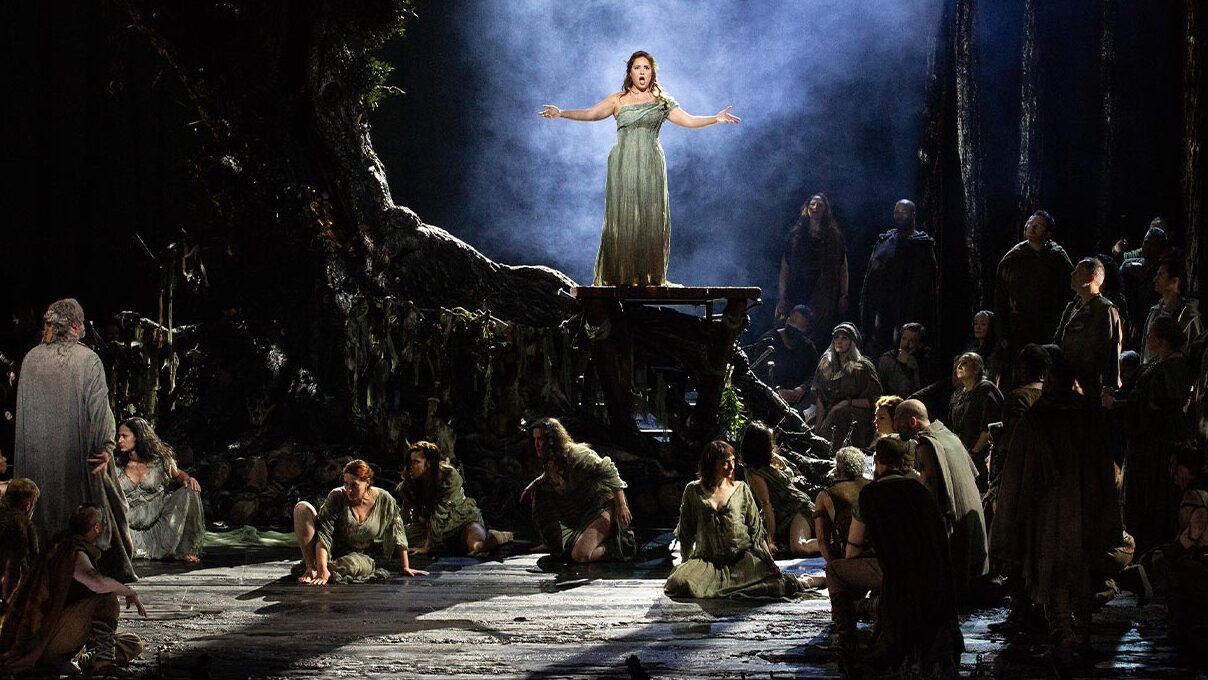
Sonya Yoncheva lacked that flame in crucial moments, though comparative listening across performances suggests that Maurizio Benini’s pedestrian conducting may well have been the culprit.
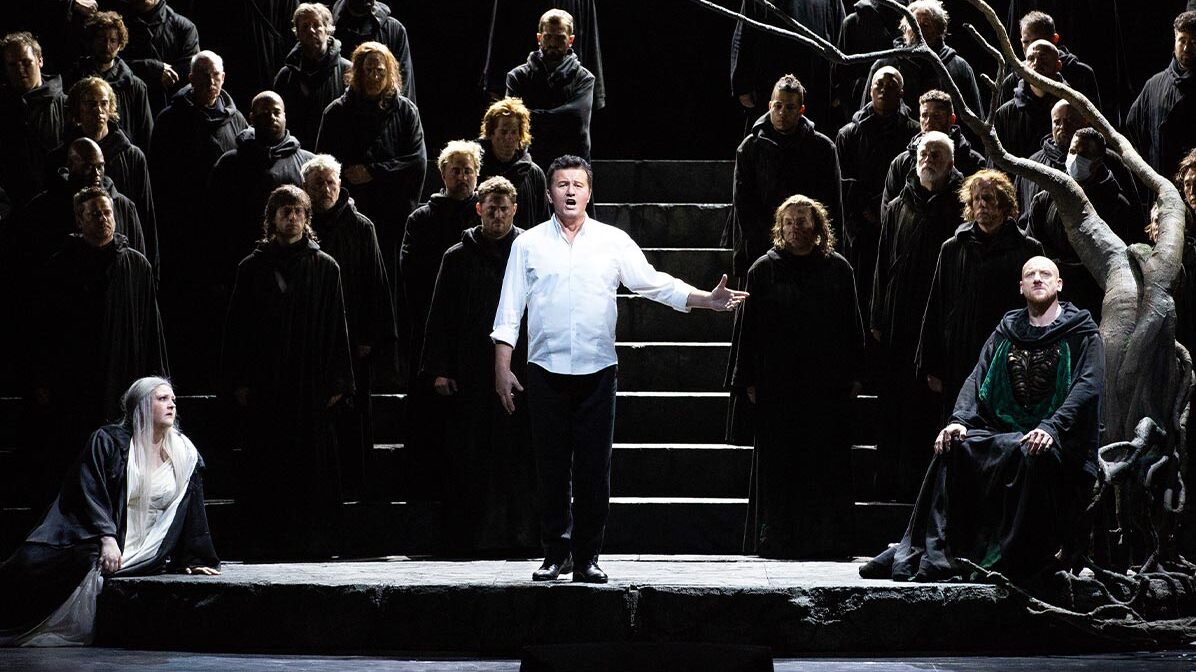
Lohengrin, with its lush music and tragic exploration of trust, betrayal, and forbidden knowledge, has imaginative gifts to offer contemporary audiences. The music still soars, but only to the cave ceiling, not to the skies.
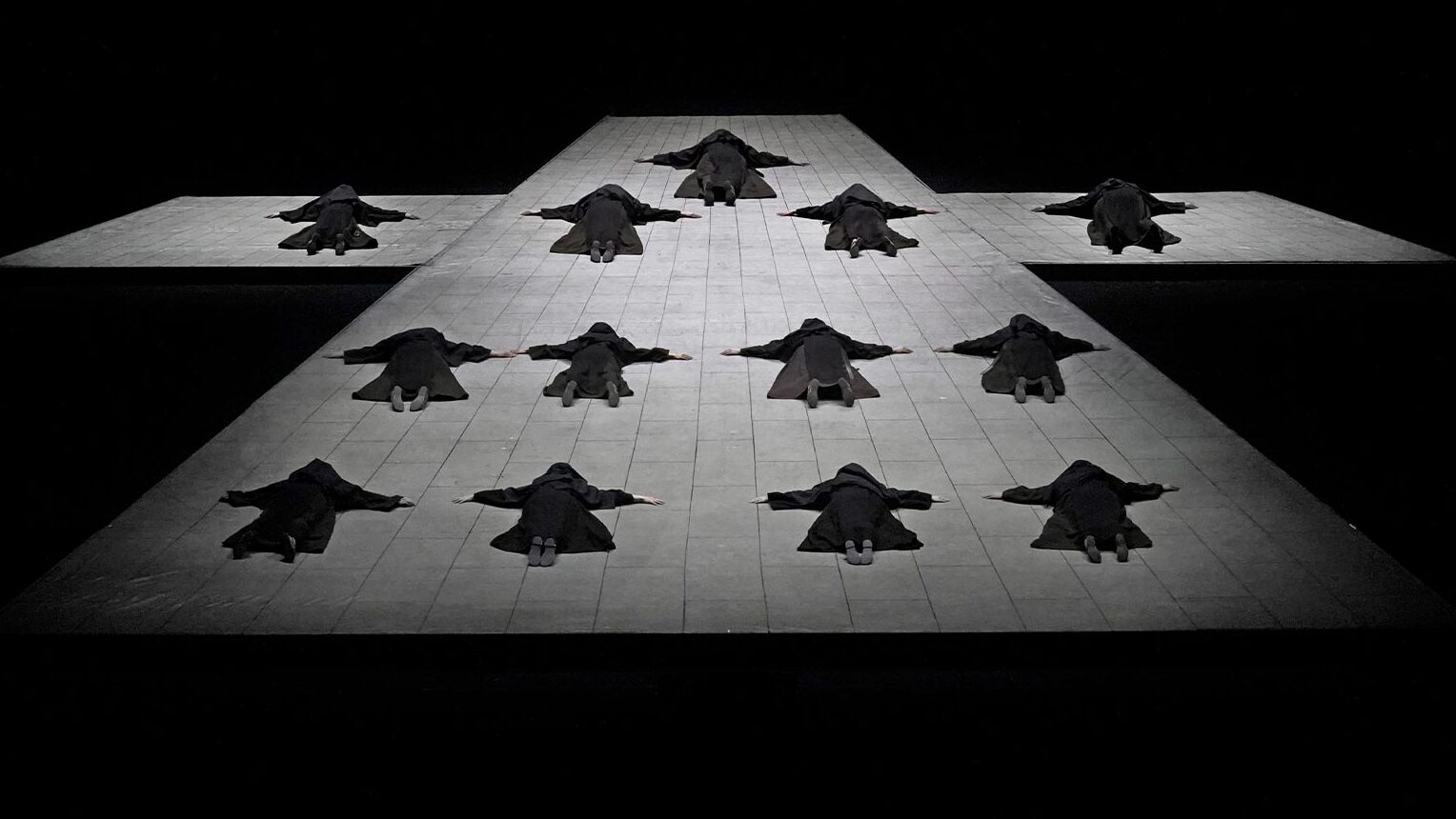
Having withstood the test of time, this fine revival of Dialogues des Carmélites should be a lesson to the Met Opera management as it seeks a new direction.
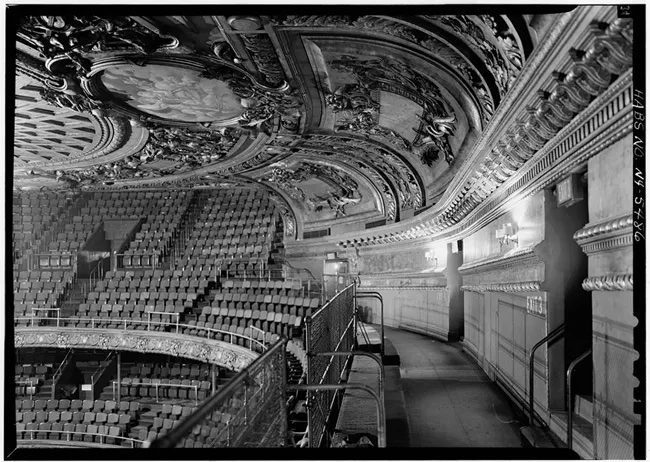
One might imagine that the Met may have learned a powerful lesson from its present plight and uncertain future, but unfortunately not.

An apt but uncharitable description of Medea’s incongruities might paraphrase Woody Allen’s description of a monster as a being with the body of a crab and the head of a social worker to say that Cherubini’s work sounds like a Mozart opera with a Beethoven overture.
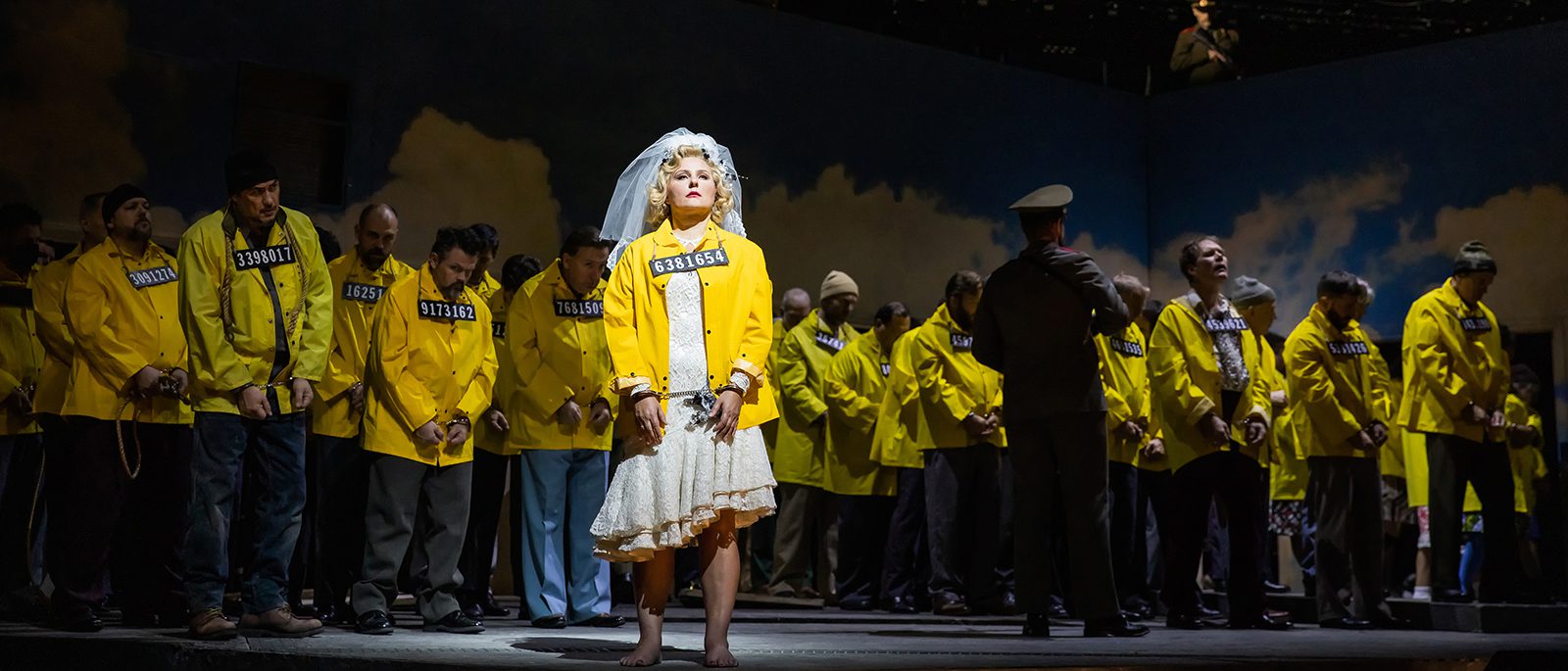
Conductor Keri-Lynn Wilson’s deft, efficient gestures captured the performance with balance between its driving sonic eccentricities and subtler and more contemplative passages.
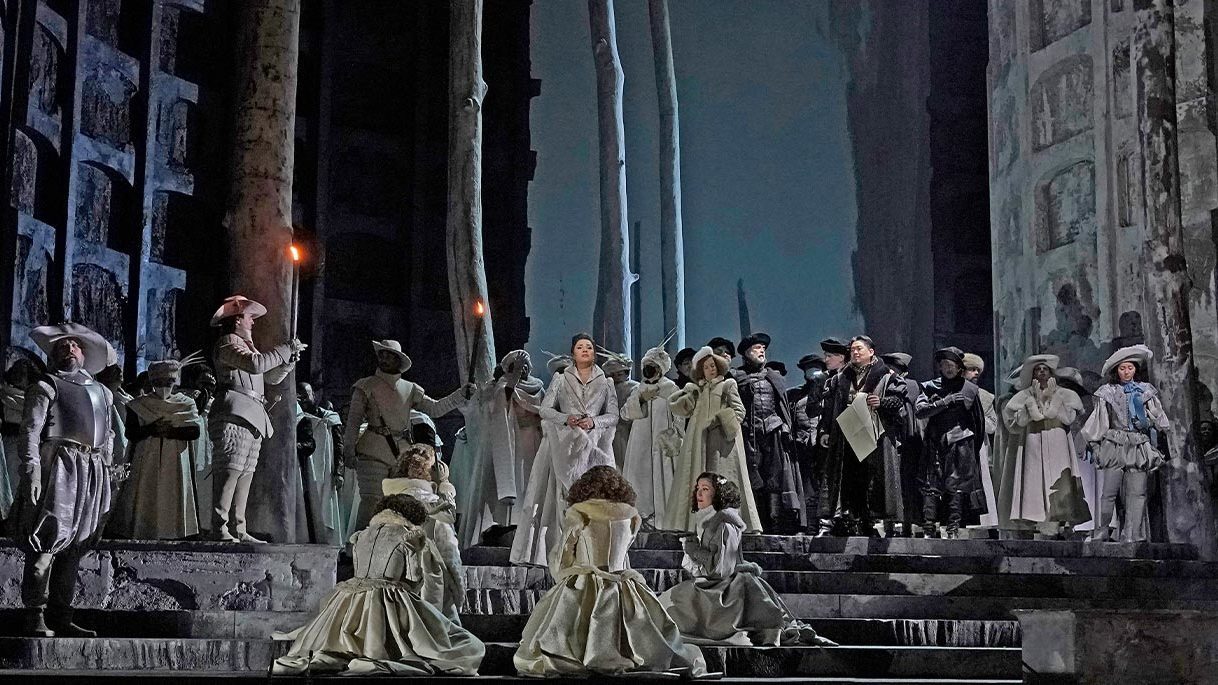
Set against the production’s dismal sets, the action unfolded as a five-hour dirge of funereal hopelessness before ejecting spectators into equally gray Manhattan surroundings where after-theater conviviality is long dead.

The production has aged well. Its vibrant return after a seven-year absence should have been a landmark revival and one of the highlights of the Met’s new season. Musically, it met the mark. The energy on stage was palpable. The only disappointment was to be found in the audience. The revival’s first performance reportedly filled just 57% of the seats.
To submit a pitch for consideration:
submissions@
For subscription inquiries:
subscriptions@